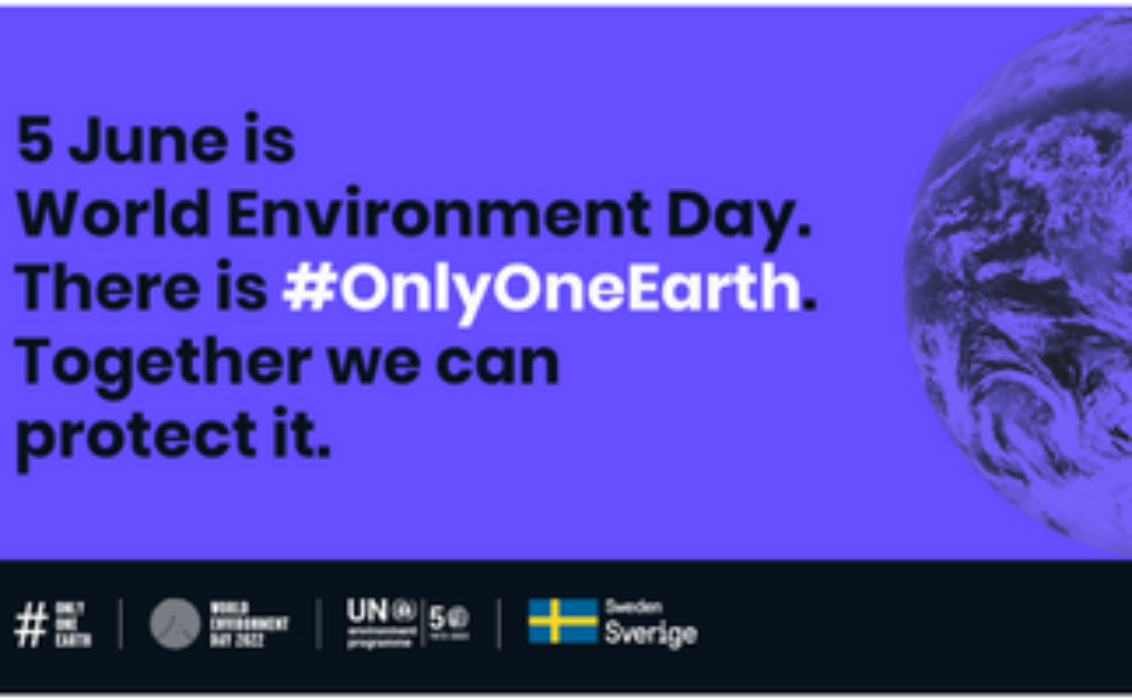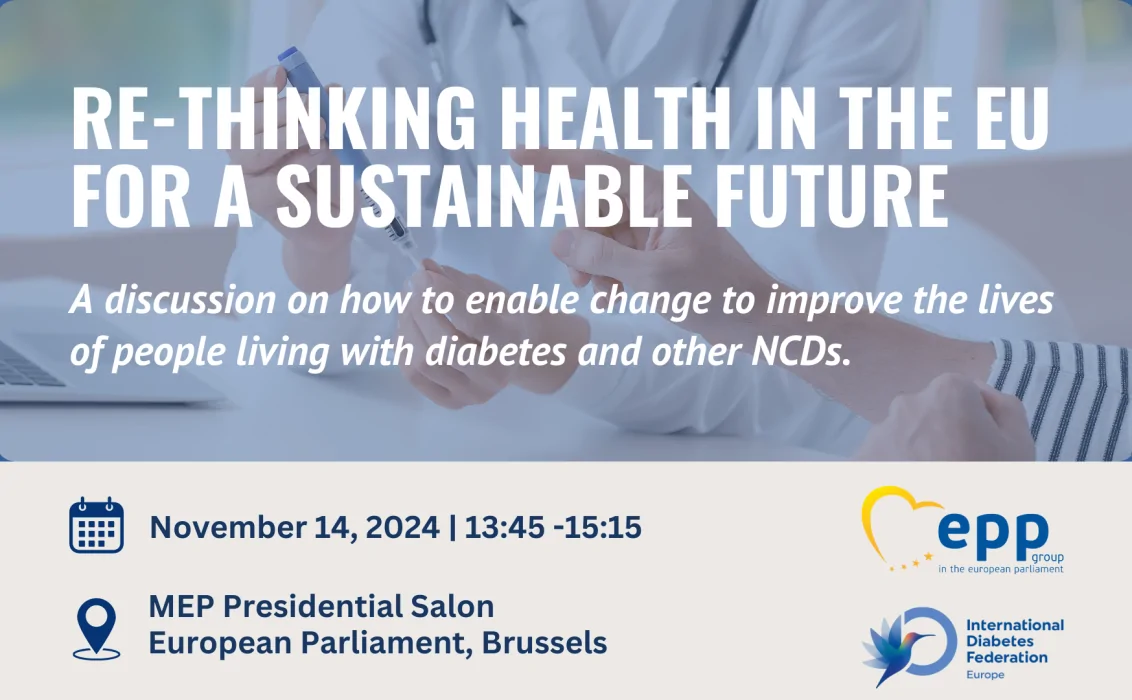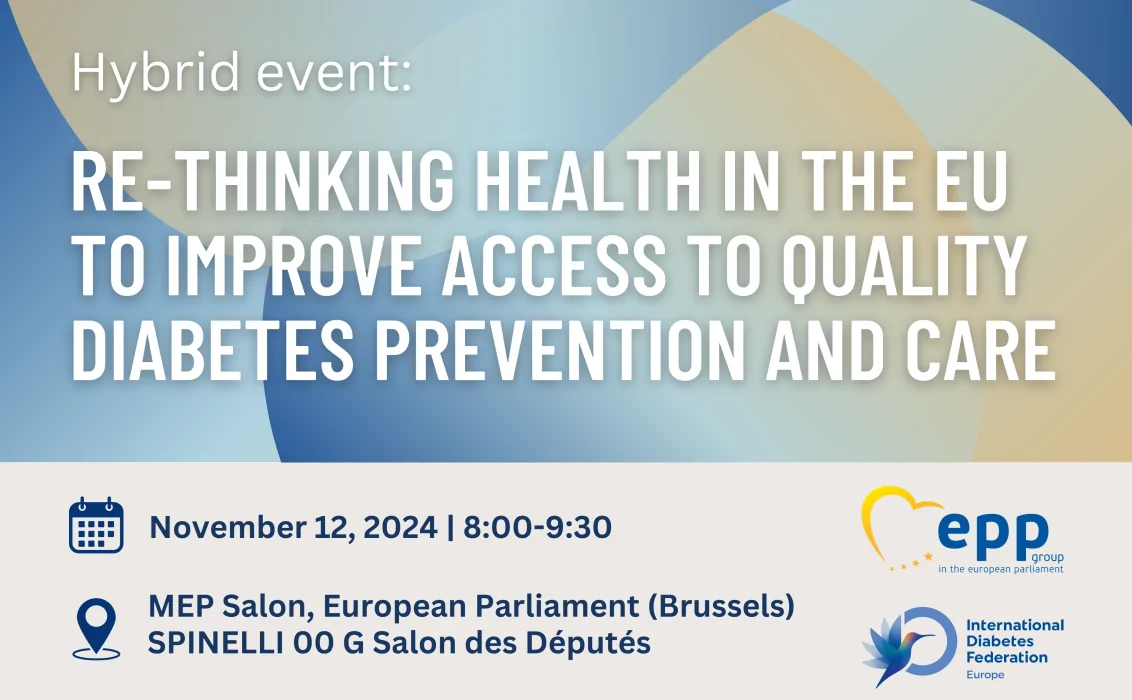Each year, on June 5, the international community celebrates World Environment Day. The event is the largest global platform for environmental outreach, encouraging people to take action and protect the environment. It and has been celebrated annually since 1973. 2022 is a historic milestone that marks 50 years since the 1972 United Nations Conference on the Human Environment, widely seen as the first international meeting on the environment. This year’s theme is ‘Only One Earth’.
To celebrate World Environment Day and build support for EU environmental policies, the European Commission hosts the EU Green Week every year. This year’s focus is on building a healthier and more environmentally friendly future for all. The EU Green Week is a key event in the EU environment policy which also has wide repercussions for the diabetes community as there is a strong relationship between environmental factors and diabetes (as shown in the following graphic).
For example, diabetes mortality risk is increased in individuals exposed to high levels of traffic-related air pollution. Systemic inflammation from air pollution has also proven to play a role in the development of Type 2 diabetes. Endocrine disrupting chemicals that are widely present in our air, food and water have also been found to contribute to the diabetes epidemic. Overall, climate change also directly affects people living with diabetes (PwD) For instance, during heat waves, PwD are experiencing higher rates of hospitalisations, morbidity and mortality.
In this context, IDF Europe is fully committed to creating an environmentally friendly transition for better health for all and supports EU environmental policies such as EU Zero Pollution Action Plan, EU Chemicals Strategy for Sustainability, EU Farm to Fork Strategy, actively calling for their enhanced implementation.
IDF Europe is also a member of the Environment, Climate Change, Heritage and Health Committee at the Council of Europe. The Committee aims to develop an integrated approach between human rights, environment, heritage and health in the Bern, Florence, Faro and Aarhus Conventions. For example, the Aarhus Convention establishes a number of rights of the public (individuals and their associations) with regard to the environment. The Convention provides for the right of everyone to receive environmental information that is held by public authorities (“access to environmental information”). This can include information on the state of the environment, environmental policies or measures as well as on the state of human health and safety where this can be affected by the state of the environment.
At IDF Europe, we believe that every person has the right to live in an environment which supports good health and well-being and that we have the duty to protect and improve the environment for the benefit of present and future generations. On this World Environment Day, we call on governments, private sector, civil society and citizens to protect environmental health to which human health and well-being are intimately linked.



